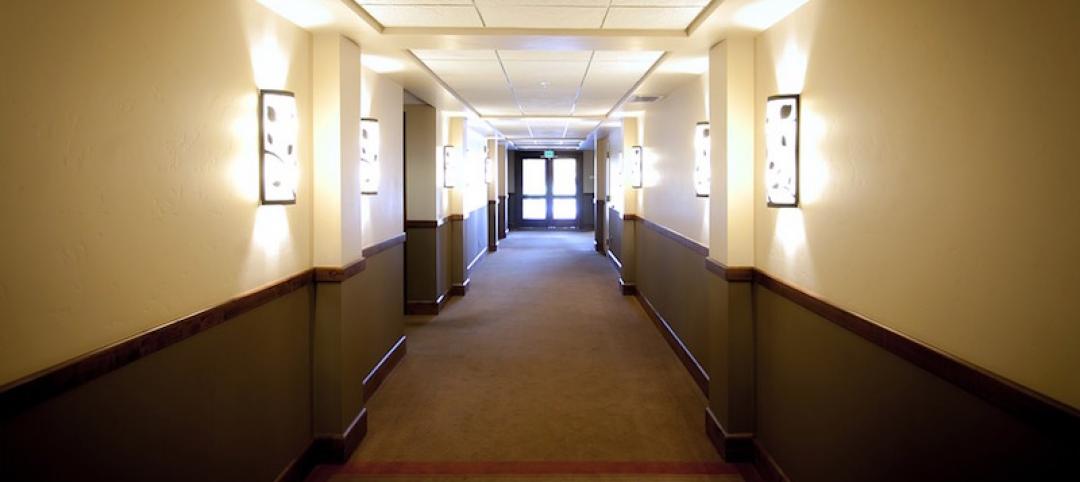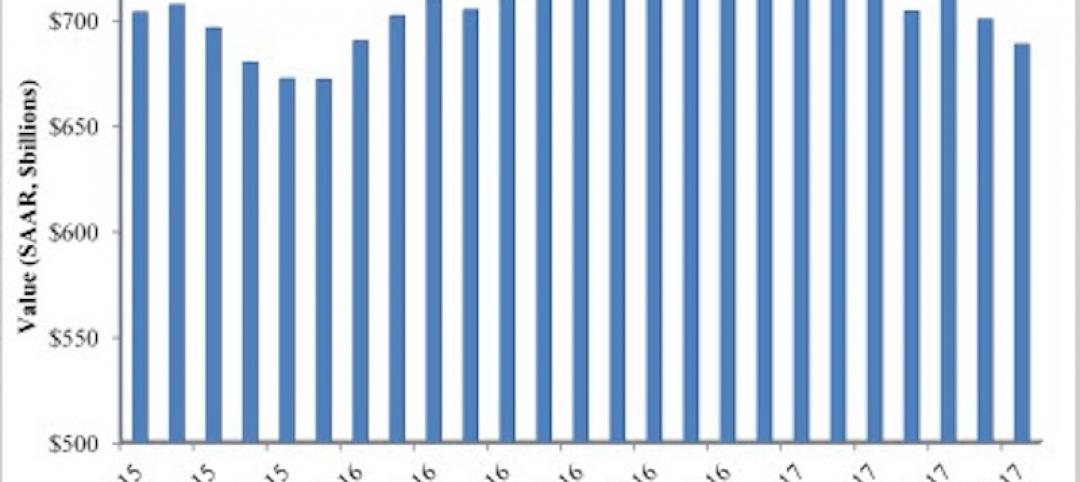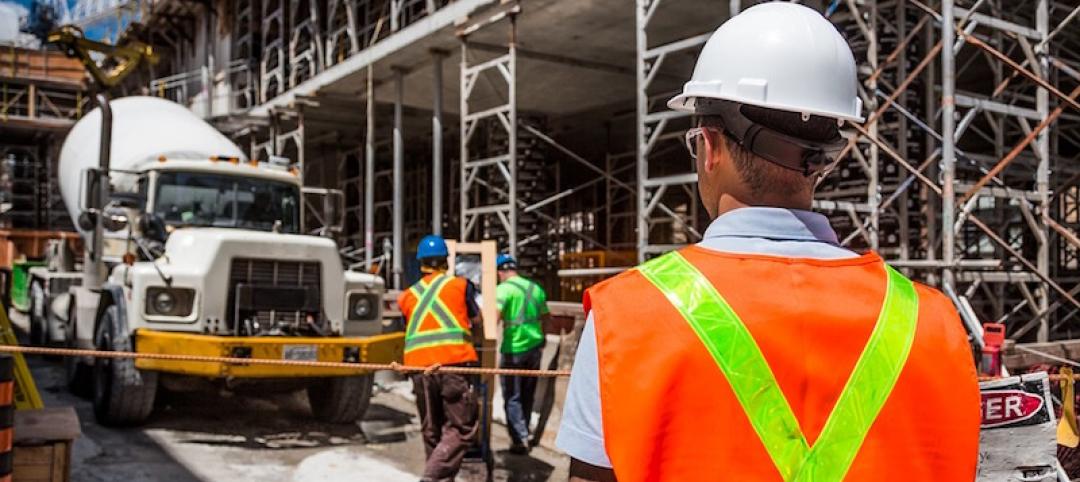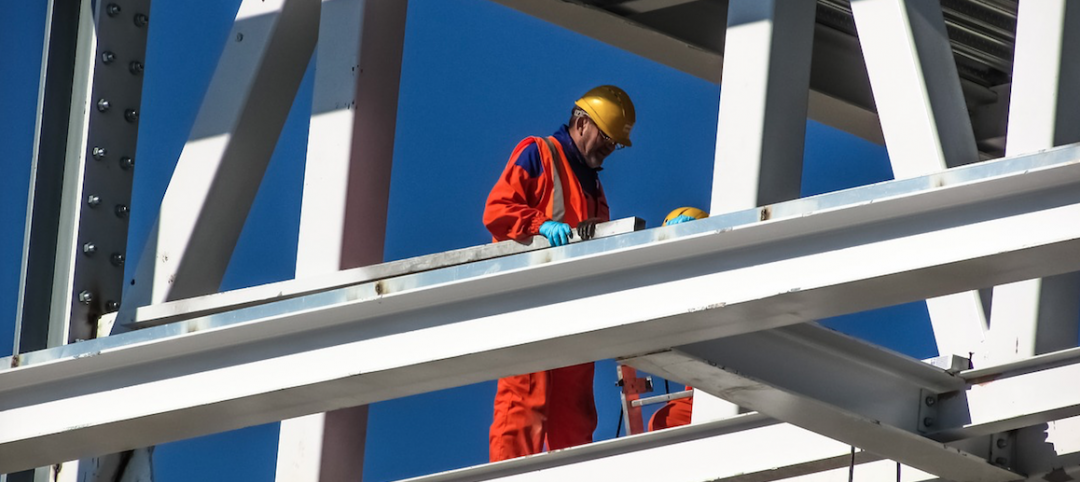Construction employment increased by 27,000 jobs in November, as continuing robust gains in residential categories masked more sluggish increases in nonresidential jobs, according to an analysis by the Associated General Contractors of America of government data released today. Association officials cautioned, however, that pandemic-induced project cancellations and looming tax bills for firms that used Paycheck Protection Program loans to save jobs threaten to undermine future job growth in the sector.
“The construction industry recovered a bit in November, but the future is far from certain for the industry,” said Ken Simonson, the association’s chief economist. “The nonresidential building and infrastructure segments are likely to shed jobs again amid an increase in coronavirus case counts unless Congress acts quickly to provide needed relief.”
Construction employment climbed to 7,360,000 in November, an increase of 0.4% compared to October. However, employment in the sector remains down by 279,000 or 3.7% since the most recent peak in February. The pandemic initially triggered widespread project cancellations and interruptions that resulted in the loss of 1.1 million construction jobs in March and April.
The disparity between residential and nonresidential construction widened in November, Simonson noted. Residential building and specialty trade contractors added 15,4000 jobs in November and have now recouped 96% of the employment losses they incurred in March and April. In contrast, nonresidential construction employment—comprising nonresidential building, specialty trades, and heavy and civil engineering construction—increased by only 11,900 jobs in November and has recovered only 56% of the jobs lost in March and April.
The industry’s unemployment rate in November was 7.3%, compared to 4.4% in November 2019. A total of 732,000 former construction workers were unemployed, up from 428,000 a year earlier and the highest November total since 2012.
Association officials warned that more projects are likely to be canceled amid a new surge in the pandemic. In addition, firms that used Paycheck Protection Program loans to save jobs face an unexpected tax hit because the Trump administration is defying Congressional intent and opting to tax forgiven loans as income. Without tax relief and other needed recovery measures, the officials warned that November’s modest job gains are likely to be fleeting.
“The Trump administration is seeking to undermine the benefits of the Paycheck Protection Program by rewarding firms that saved jobs with a massive tax increase,” said Stephen E. Sandherr, the association’s chief executive officer. “These new taxes, coming on top of greater market uncertainty as coronavirus cases surge, will make it hard for many construction firms to retain current workers, not to mention add new ones.”
Related Stories
Hotel Facilities | Sep 6, 2017
Marriott has the largest construction pipeline of any franchise company in the U.S.
Marriott has the most rooms currently under construction with 482 Projects/67,434 Rooms.
Market Data | Sep 5, 2017
Nonresidential construction declines again, public and private sector down in July
Weakness in spending was widespread.
Market Data | Aug 29, 2017
Hidden opportunities emerge from construction industry challenges
JLL’s latest construction report shows stability ahead with tech and innovation leading the way.
Market Data | Aug 28, 2017
U.S. hotel construction pipeline is up 7% year-over-year
For the economy, the rate of growth may be low but it’s running on all cylinders.
Market Data | Aug 23, 2017
Architecture Billings Index growth moderates
“The July figures show the continuation of healthy trends in the construction sector of our economy,” said AIA Chief Economist, Kermit Baker.
Architects | Aug 21, 2017
AIA: Architectural salaries exceed gains in the broader economy
AIA’s latest compensation report finds average compensation for staff positions up 2.8% from early 2015.
Market Data | Aug 20, 2017
Some suburban office markets are holding their own against corporate exodus to cities
An analysis of mortgage-backed loans suggests that demand remains relatively steady.
Market Data | Aug 17, 2017
Marcum Commercial Construction Index reports second quarter spending increase in commercial and office construction
Spending in all 12 of the remaining nonresidential construction subsectors retreated on both an annualized and monthly basis.
Industry Research | Aug 11, 2017
NCARB releases latest data on architectural education, licensure, and diversity
On average, becoming an architect takes 12.5 years—from the time a student enrolls in school to the moment they receive a license.
Market Data | Aug 4, 2017
U.S. grand total construction starts growth projection revised slightly downward
ConstructConnect’s quarterly report shows courthouses and sports stadiums to end 2017 with a flourish.
















